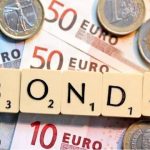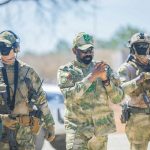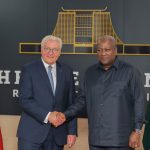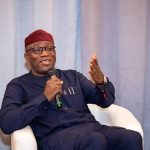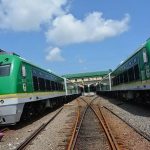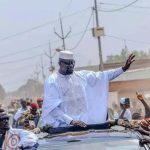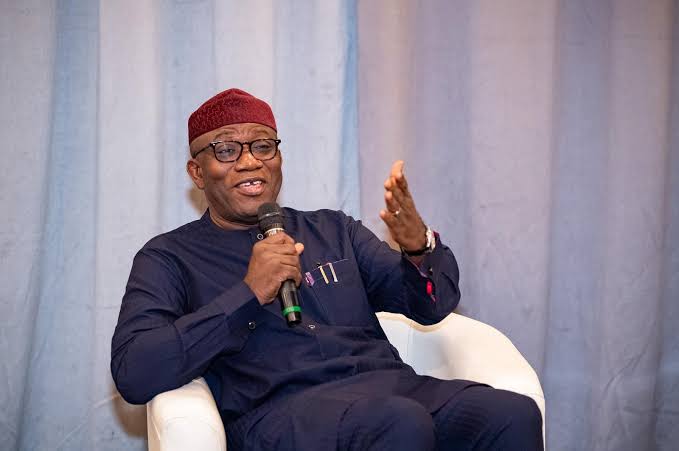Lagos, Nigeria
Nigeria raised $2.35 billion through a dual-tranche Eurobond issuance on Wednesday, attracting more than $12 billion in orders, the largest order book in the country’s history. The sale, which included 10-year and 20-year bonds, saw a 400% oversubscription, reflecting strong global investor interest regardless of recent geopolitical friction with the United States.
Nigeria priced $1.25 billion in 10-year notes at a 8.375% yield and $1.10 billion in 20-year notes at 9.25%, according to a statement from the Debt Management Office released on November 5. The proceeds will finance the 2025 fiscal deficit and support other government funding needs. The bonds drew significant demand from investors across Europe, Asia, and the Middle East, with participation also noted from Nigerian investors.
The issuance follows the U.S. designation of Nigeria as a Country of Particular Concern (CPC) on Oct. 31, citing severe violations of religious freedom under the International Religious Freedom Act of 1998. U.S. president, Donald Trump, highlighted alleged killings of Christians by radical Islamists, raising concerns about potential sanctions.
On Nov. 3, Trump suggested possible U.S. military action if the Nigerian government did not address the issue. No specific actions by the U.S. government have been confirmed, and the remarks by Trump have witnessed a lot of criticisms.
In spite of the U.S. stance, the bond sale proceeded successfully. Several reports noted that the market response remained positive, with the offering oversubscribed and priced competitively. Investors are betting on Nigeria’s reform momentum, strong repayment history and high returns, outweighing their concerns about political risks.
The oversubscription is a vote of confidence in Nigeria’s economic potential and resilience. The genocide claim, many say, has not had any real impact on global perceptions of Nigeria’s economic potential or the government’s reforms. This aligns with Nigeria’s recent efforts to access international capital markets, following legislative approval on Oct. 29 for a $2.85 billion foreign borrowing plan, which includes the country’s first sovereign sukuk.
Nigeria’s economic reforms under President Bola Tinubu, have been noted by international observers. These measures, while aimed at stabilising the economy, have increased domestic fuel prices and economic strain. Security challenges have persisted, affecting communities across religious and ethnic lines.
The Nigerian government has rejected claims by Trump of religious genocide. It emphasises that security issues impact all faiths. The Eurobond success underscores Nigeria’s position as Africa’s second-largest economy by purchasing power parity, with a GDP estimated at $1.121 trillion in 2017.

